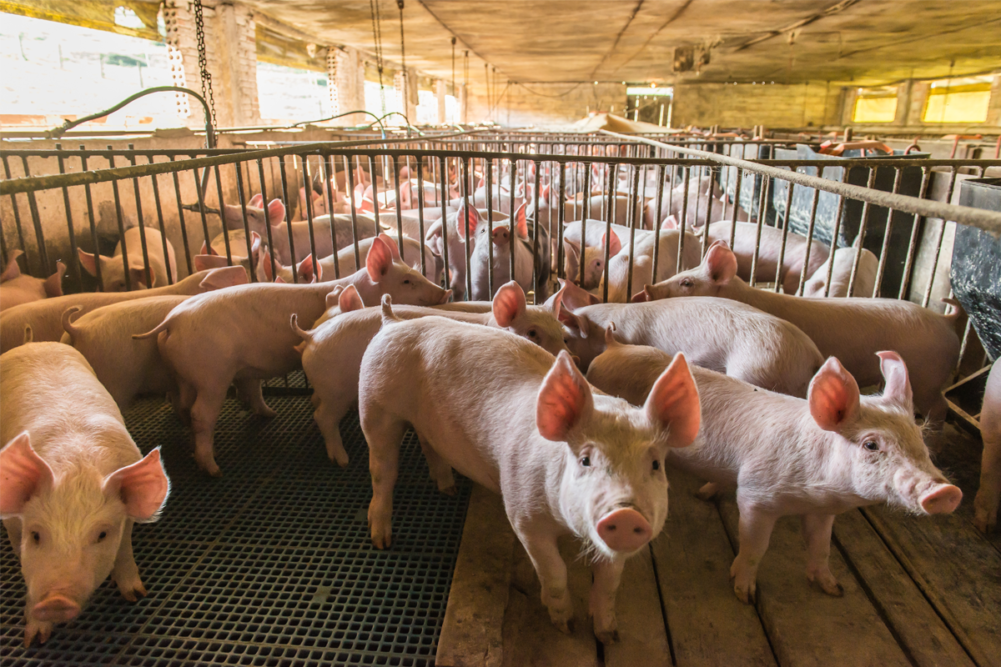
KANSAS CITY — Pork producers in the United States are under heightened scrutiny over how breeding pigs are confined. Specifically, many breeding sows are housed in gestation crates that are seven-feet long and two-feet wide during a sow’s pregnancy that normally lasts four months. Animal welfare advocates have criticized the practice and undertaken numerous initiatives to bring about change.
One such effort has now made it to the US Supreme Court, which has agreed to hear a challenge from pork producers to a California law that would change how the animals are housed. Concurrently, investor Carl Icahn has made it a personal mission to encourage the pork industry’s largest customers to put pressure on producers to change.
Passed in 2018, California’s Proposition 12 established specific minimum requirements for the confinement of breeding pigs, laying hens and veal calves. Meat and eggs from animals not confined under California’s specifications may not be sold in the state. The National Pork Producers Council (NPPC) opposes the law on the grounds it is unconstitutional for a state to regulate outside its border.
Lower court rulings have gone against the pork producers, but in late March the Supreme Court said it would hear the case. A ruling from the high court is expected toward the end of 2022 or in early 2023.
More recently, Mr. Icahn has initiated a campaign to convince McDonald’s Corp., Chicago, and Kroger Co., Cincinnati, to mandate how their suppliers house breeding pigs. In February, Mr. Icahn invested in McDonald’s and quickly nominated two board members to stand for election at the company’s 2022 annual meeting.
In 2012, McDonald’s USA set a goal of phasing out gestation crates in pork production by 2022. The fast-food company has now pushed that deadline back. Mr. Icahn has questioned McDonald’s commitment to meeting its animal welfare goals and is pushing for more rapid change.
He also has engaged Kroger Co. and is attempting to persuade the retailer to insist its pork suppliers change, as well as pay its employees more.
“At this point in my career, I view it as my mission to make changes where I can by doing what I do best, in areas that I consider to be glaring injustices,” Mr. Icahn wrote in a March 29 letter to W. Rodney McMullen, chairman and chief executive officer of Kroger. “Your company is conducting itself in ways which are unconscionable with regards to animal cruelty and flagrantly sidestepping financial obligations to workers who don’t make a fair wage (while you received $22.4 million dollars in 2020).”
The path forward for US pork producers remains uncertain. Gestation crates are currently banned in 10 states. While California’s law goes beyond a ban, the measure apparently aligns with the will of the public. The ballot measure garnered 7.5 million votes, 63% of the votes cast in 2018. In the meantime, Mr. Icahn, whose net worth is valued at approximately $16 billion, shows no signs of easing his pressure campaign on some of the nation’s largest sellers of pork products.
Taken together, these unorthodox efforts have the potential to change US pork production. Much like their pregnant sows, US pork producers appear boxed in.





